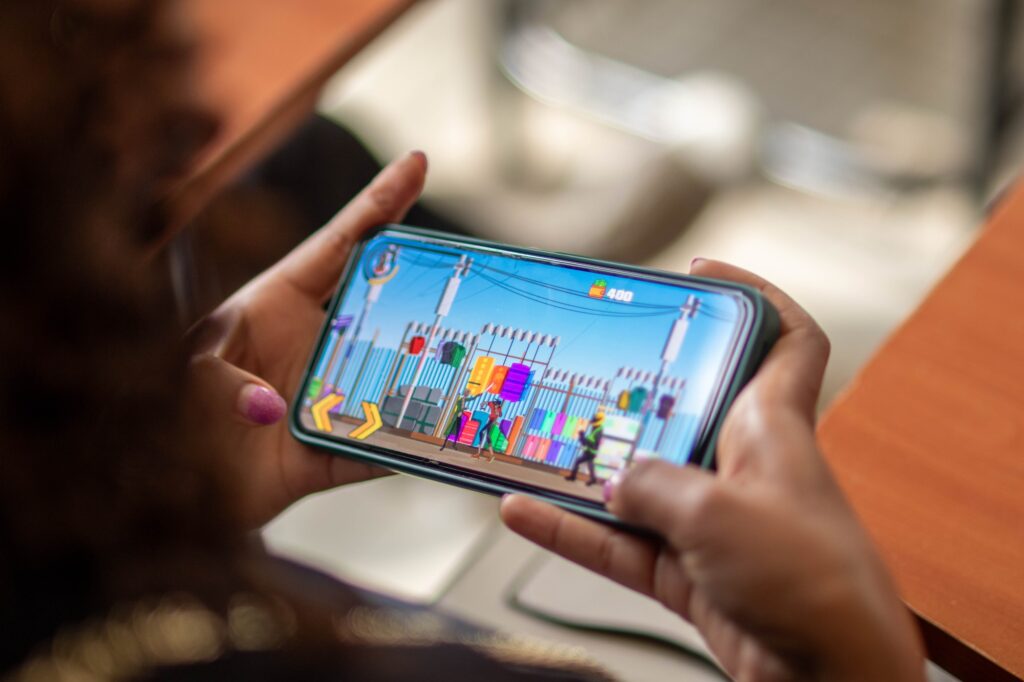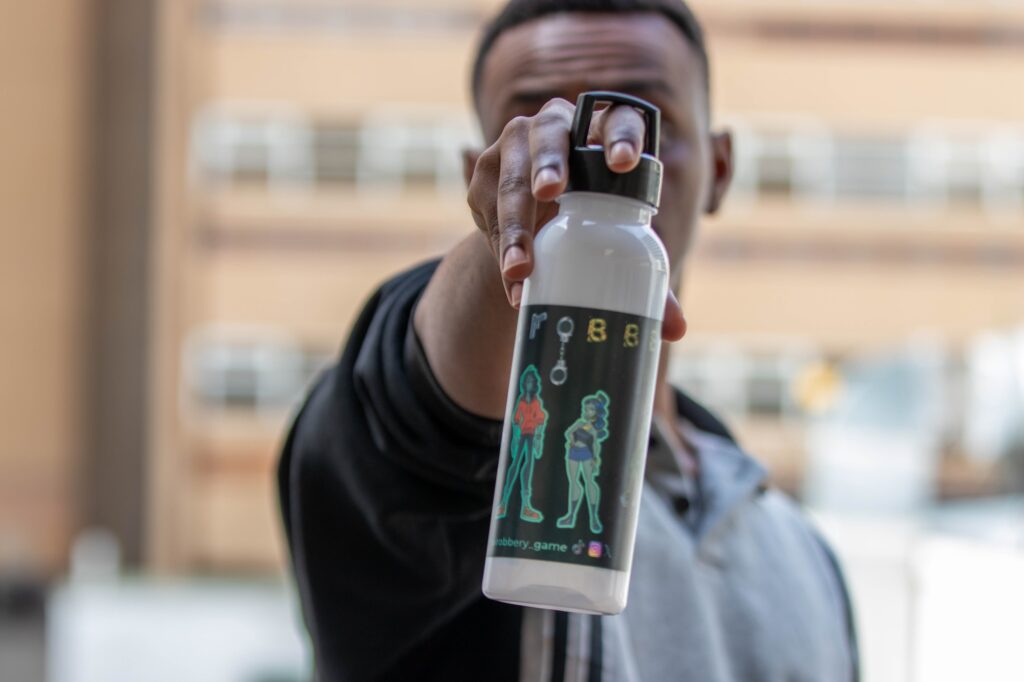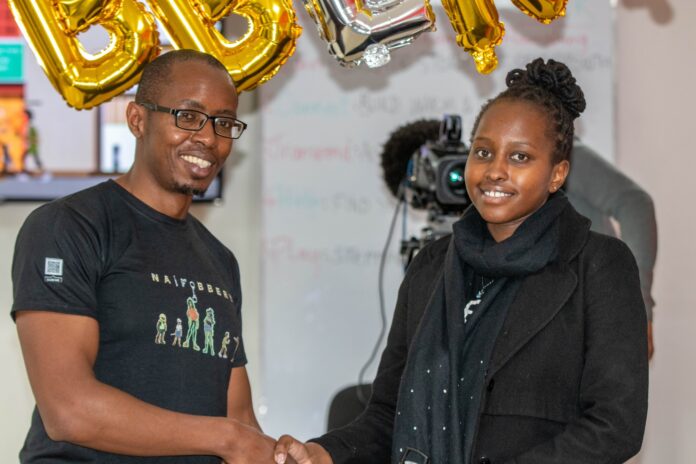Former banker turned game developer, Daniel Macharia, has always been passionate about sharing his knowledge. His journey began with a comprehensive 20-part YouTube tutorial series on developing his debut title, Wana Savana that learners could follow along. This passion for teaching led him to become a lecturer at the Africa Digital Media Institute (ADMI), where Nairobbery was first conceived and later launched.
On July 13th, with the help of his students, Macharia unveiled Nairobbery, a 2D beat ’em up game inspired by the action-filled streets of Nairobi, Kenya’s capital. The launch was more than just a game reveal, “I aim to sensitize the public that we have game developers here in Nairobi who can do as good a job as the developers creating the popular international games Kenyans download from the Play Store. And once that awareness is there, I’m sure opportunities are going to arise around that,” Macharia declared passionately.
A tweet announcing the launch date, which I shared at Macharia’s request, went viral. It was as if Twitter’s algorithm knew Macharia’s vision. Attendees who discovered the event through the viral tweet emphasized the power of social media in spotlighting local talent. The viral tweet also caught the eye of the organizers of the Business Week Afrika Summit, where I will be speaking and Macharia will be showcasing Nairobbery on the 12th and 13th of August.
Tear-gassing a baddie
In the spirit of sensitization, here’s how the Nairobbery game launch went down. Despite being in development for more than two years, the timing of the launch was perfect. The game mirrors the ongoing political protests in Kenya, which led President William Ruto to reject a controversial finance bill and fire his entire cabinet at Kenyans’ demand. Macharia used trending music and social media phrases like “Did he just tear gas a baddie?” in the game trailer to appeal to Gen Z youth, who are leading the protests. Some of the characters in the game also have names derived from popular Kenyans who continue to play crucial roles during the protests.

“It was like serendipity. In 2020, I had already decided to have a tear gas police in the game, and then the whole ‘tear-gassing a baddie’ thing came along, so I pivoted to use that as a marketing ploy,” Macharia reflected. “I’m planning to capitalize on the protests, but I have to be careful. I don’t want the game to become political.”
Real-world jobs
They say the best way to learn is by doing, “95% of the game development was done in-house with ADMI students” Macharia explained. One student, Anab Samatar, a 2D and 3D animator, and character designer shared, “I joined the team in the middle of my schoolwork. Thankfully, Mr. Macharia was very patient and understanding. He gave me the time I needed to perfect the sprites for Vicky and Flex. His feedback and guidance were invaluable. This was my first professional project and a huge stepping stone for me. So I’m grateful to Mr. Macharia for giving me this opportunity.”
Some students who worked on the project were away on a Showmax shoot, highlighting ADMI’s success in preparing students for real-world jobs. “My colleague Jackson Konyango developed the environments. So through and through, this game is a product of ADMI, which is why I chose to launch it here,” Macharia concluded.
Reach a global audience
To officially launch the game, a contest was held where the audience was invited to download Nairobbery from the Google Play Store. Winners were determined by how far they progressed: two players reached level 5, and one reached level 4, earning branded game merchandise as prizes.

Evans Kiragu, the creator of the Kenyan hit game, The President, joined me on a panel to discuss opportunities in the video game industry. When I asked about the role of publishers, Kiragu responded, “As developers, we build worlds but aren’t always great at monetizing them. I always advise reaching out to publishers once you have an idea, even if it’s just on paper. Scaling a game on your own is challenging if you want it to reach a global audience.”
Future developers
The launch of Nairobbery was featured in a local newspaper, Business Daily, where reporter Stanslaus Manthi’s curiosity and insightful questions during the launch led to an honest review of the game. Before heading to the patio for snacks and refreshments, I met Raji Uma, the Student Programs Advisor, who was enthusiastic about fostering connections between ADMI students and industry professionals. We’re currently discussing future collaborations to enhance student engagement with the creative industry.
Macharia’s vision for Nairobbery goes beyond showcasing local talent; it aims to create new opportunities in the game development scene. By highlighting the rich potential in Nairobi’s gaming community, he is paving the way for future developers.

Don’t miss out—download Nairobbery from the Google Play Store today and experience the excitement. Join us in championing Kenyan talent and saying Viva! to the Kenyan Gen Z. The juicy fruits of this revolution are seeping into our youthful industry.

